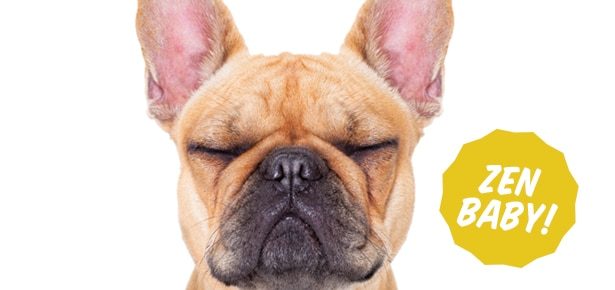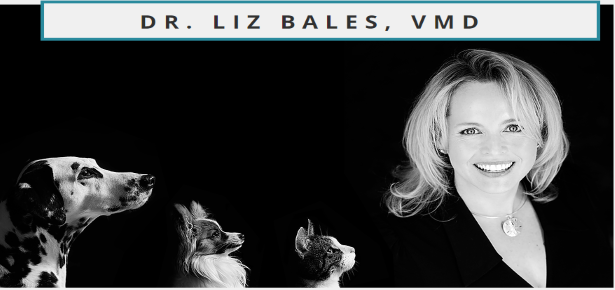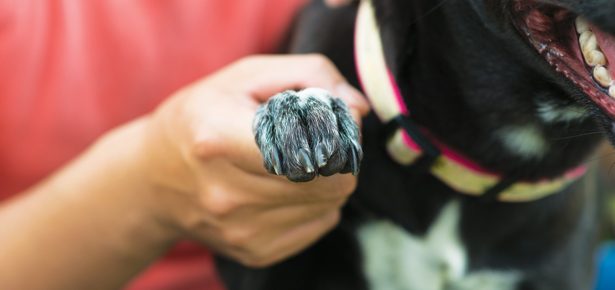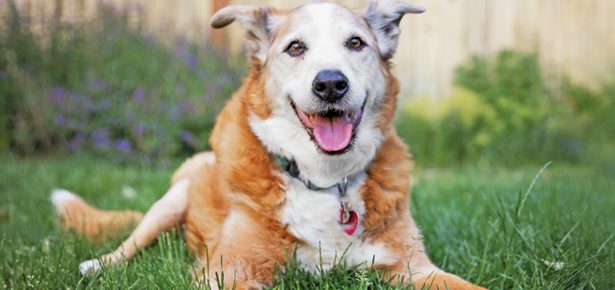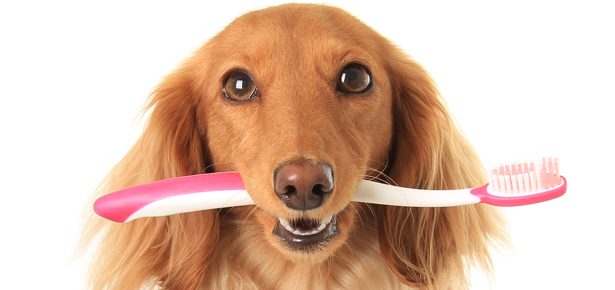
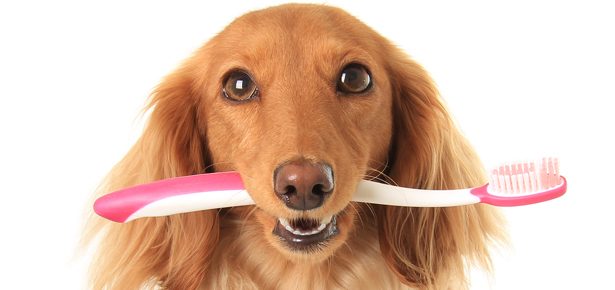
Pet Talk: Pet Dental Health Month
Don't overlook your dog's dental care
While any pet owner knows the importance of a regular grooming and exercise routine for their pet, proper dental care is often overlooked. With February being National Pet Dental Health Month, there is no better time to develop a maintenance plan for your pet’s oral hygiene.
“How goes the mouth, so goes the health,” said Dr. Bert Dodd, clinical professor at the Texas A&M College of Veterinary Medicine & Biomedical Sciences. “Overall health can be affected by oral disease, which can get into the blood stream and affect the animal’s internal organs and joints.”
Dental disease affects a significant number of pets at any age during their lifetime, and just like with people, there can be serious consequences as a result of poor dental health.
Although pets aren’t typically known to have minty-fresh breath, an extremely foul odor can be the first sign of a severe dental problem. “Often, exceptionally bad breath is the first indicator of oral disease,” said Dr. Dodd. Some other indicators of oral disease may include excessive drooling, inflamed gums, and loose teeth.
More mouth problems that could arise from poor dental hygiene include periodontal disease, gingivitis, halitosis, gum disease, mouth tumors, dropping food and facial pain. It is always best to check in with your veterinarian if your pet begins to show any sign of mouth discomfort or exceptionally foul breath.
Dental care for your pet should begin as soon as possible, so it is vital that your veterinarian teach you how to properly care for their teeth and gums right from the start. They can provide demonstrations of the most effective and hassle-free way to brush your pet’s teeth, as well as which diets and toys are the safest and most effective.
Another important step in caring for your pet’s dental health is to have your vet perform a complete cleaning and examination on an annual basis. “Oral examinations and cleaning should be performed on your pet at the very least once a year,” said Dr. Dodd. “They should be performed more frequently if home care can’t be done or if the animal has any other oral problems.”
Dental health should be a daily ritual for pet owners to follow all year round, not just during the month of February. Keep in mind that the oral health of your furry-friend has a direct effect on their overall health.
Join the newsletter and never miss out on dog content again!
"*" indicates required fields
By clicking the arrow, you agree to our web Terms of Use and Privacy & Cookie Policy. Easy unsubscribe links are provided in every email.
